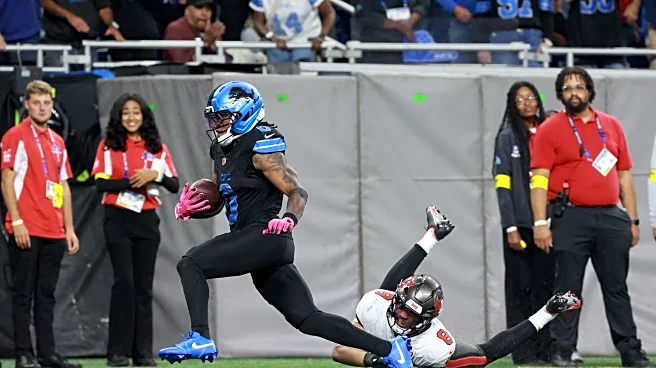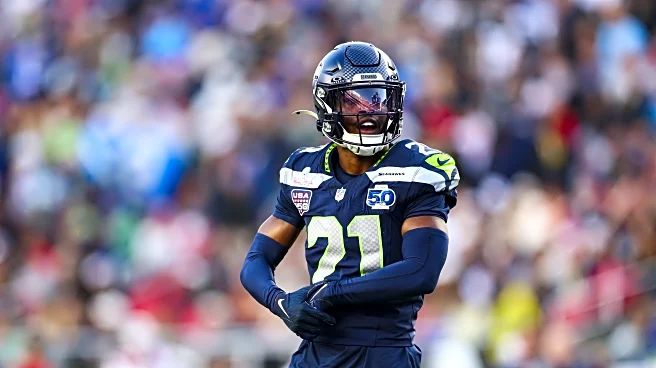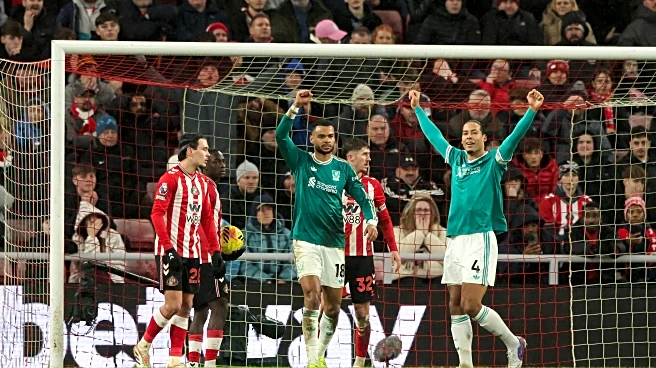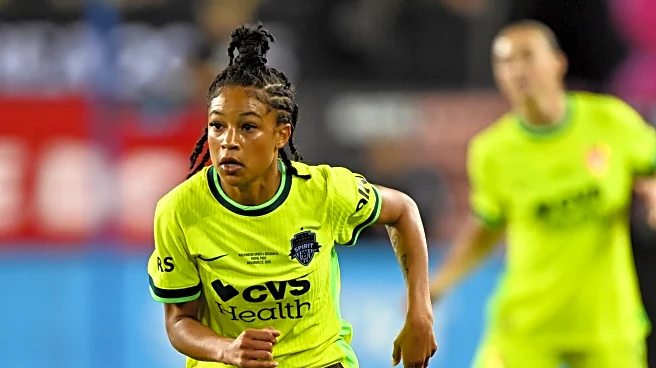“It’s a passing league.”
That’s been one of the mantras of NFL analysts for years. Since the explosion of offenses in the 2000s, like the Greatest Show on Turf or the proliferation of Tom Brady and Peyton Manning, the passing game has taken over the league. But even at the core of those beliefs remained a belief that teams needed balance and the physicality of the running game still had valuable—particularly late in the season when the weather turned.
However, the analytic community took some of the passing
rhetoric to an extreme. Early in the 2020s, a new narrative started to pop up, based on the proliferation of the passing game—and the busting of some running backs:
The argument was more nuanced than that. It’s not necessarily that the running game doesn’t matter, but rather, with a strong offensive line and a good scheme, the actual tailback doesn’t provide much variance. Beyond that, running backs were criticized for their overall value. Salaries plummeted, draft stocks sank, and extensions weren’t handed out nearly as often over the past few years in the belief that running backs were replaceable, short-lived, and not nearly as important as investment in the passing game.
But it’s time for that nonsense to end. We’re in a new era of football where the passing game is consistently getting more and more ineffective, while rushing attacks are more efficient than ever. Teams are starting to invest in the position again, and it’s starting to pay off.
As someone who used to subscribe to the “running backs don’t matter’ narrative, I am a changed man. And as part of our 2024 Movember Charity Campaign rewards, I was forced to repent for my previous heresy.
So here it is: my apology video.
Running backs matter.
















